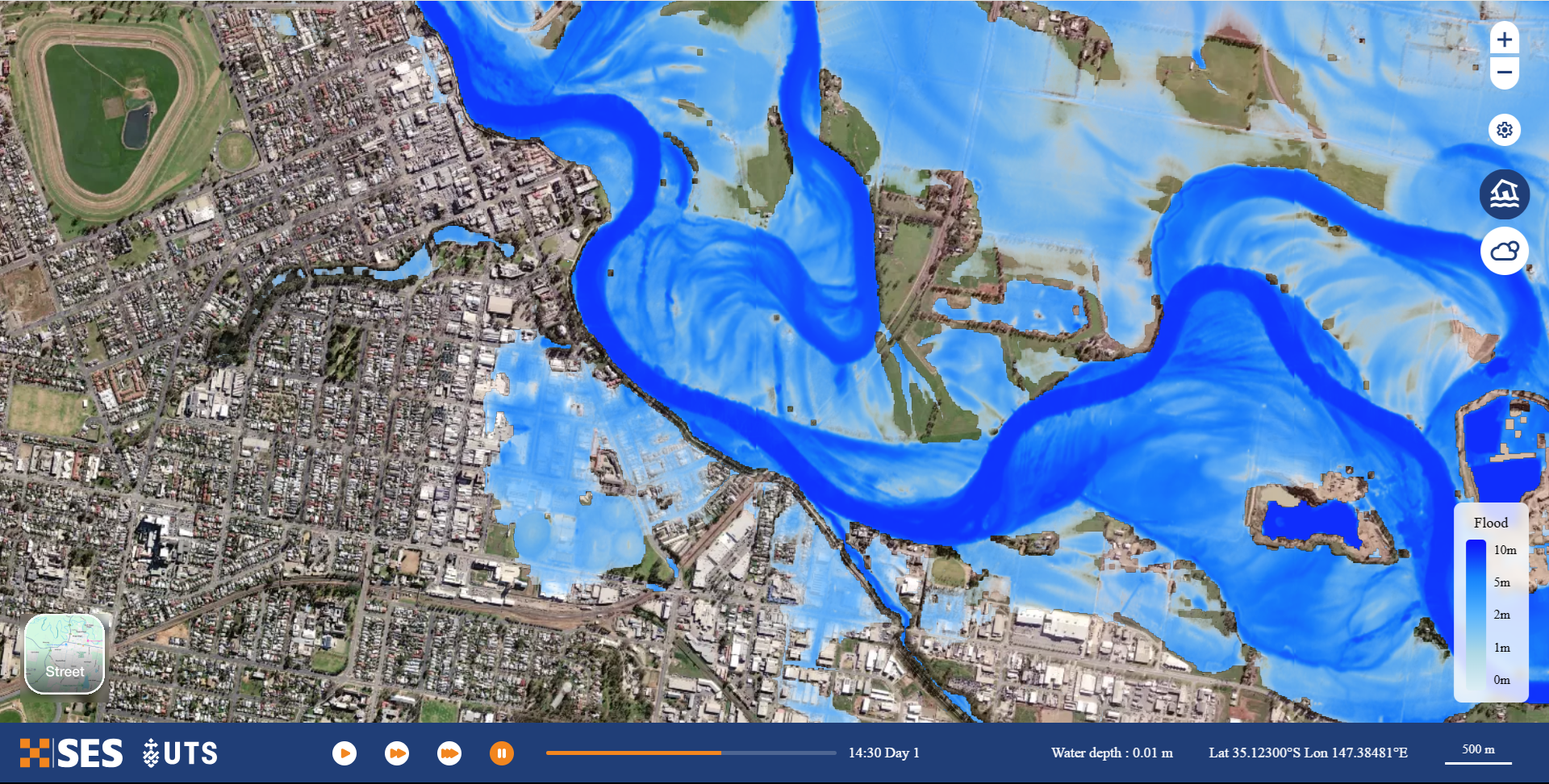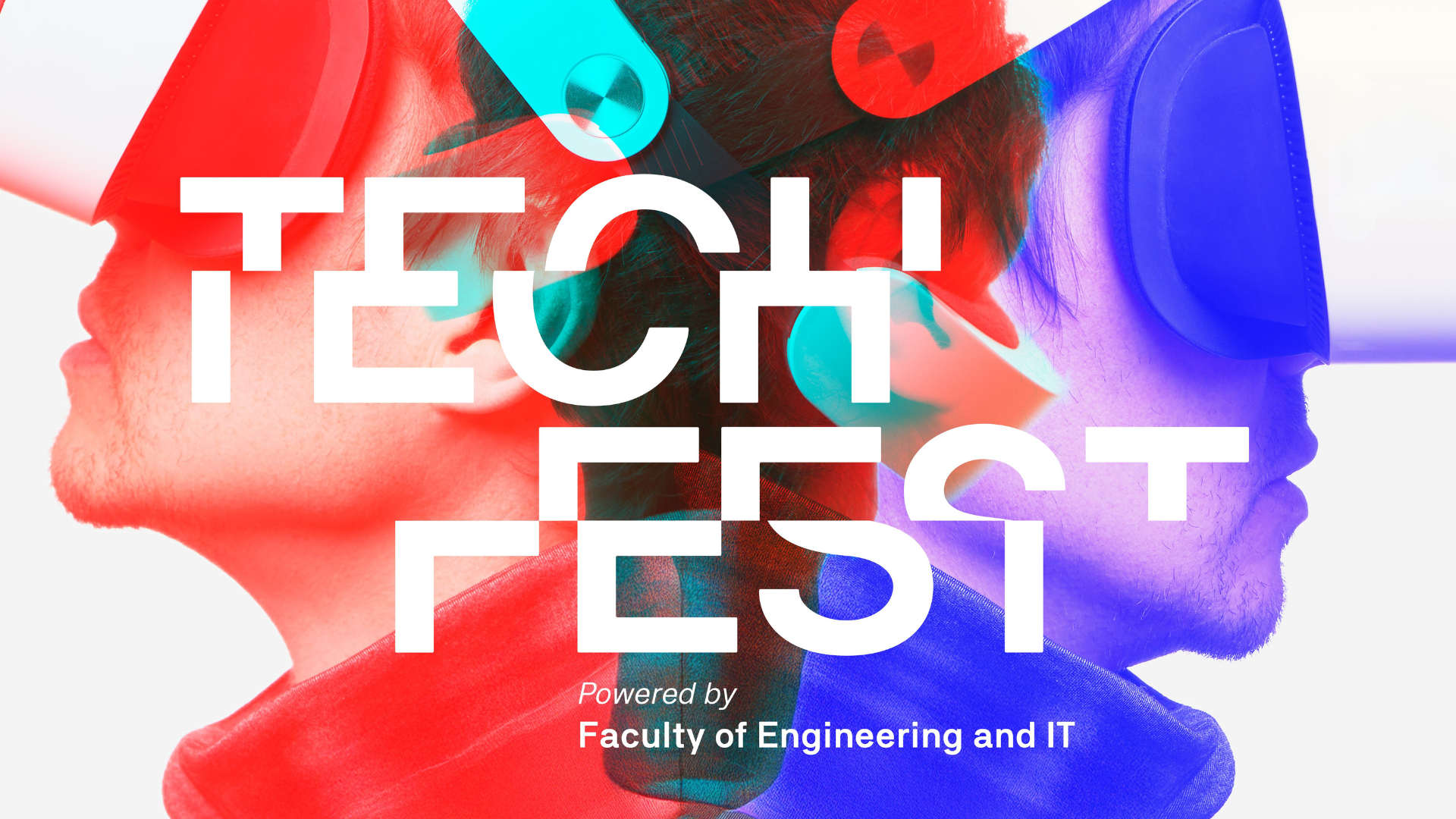Explore the University of Technology Sydney
Popular Links

Stay at the forefront of technology and innovation
Whether it's cutting-edge AI research, immersive tech events or giving students hands-on experience with the latest innovations, we're all about the future of tech.
The hardware side of quantum computers often gets the attention, but researchers are working on the programs and algorithms that will power these machines – and transform computing as we know it.
UTS researchers have demonstrated the effectiveness of world-first real-time water level and rainfall sensing technology using existing mobile phone networks.
A celebration of creativity, technology and innovation
Issy Pitt is combining chemistry, robotics and hands-on experience to carve out her place in engineering – with a graduate role locked in before she’s even finished uni.
A celebration of creativity, technology and innovation
The hardware side of quantum computers often gets the attention, but researchers are working on the programs and algorithms that will power these machines – and transform computing as we know it.
Issy Pitt is combining chemistry, robotics and hands-on experience to carve out her place in engineering – with a graduate role locked in before she’s even finished uni.
UTS researchers have demonstrated the effectiveness of world-first real-time water level and rainfall sensing technology using existing mobile phone networks.
Discover UTS Tech Festival
Tech Festival is a celebration of everything technology, creativity and innovation at UTS that takes place in June each year. Powered by the Faculty of Engineering and IT, the two-week event is for UTS students and fellow tech enthusiasts and is filled with hackathons, panel events, showcases and workshops across disciplines such as games development, robotics, civil engineering, cybersecurity and so much more.
Why UTS?
Study in the heart of Sydney’s technology precinct at Australia’s #1 ranked young university. Our courses are highly-regarded, developed in partnership with industry leaders using practice-based learning approaches. No matter what path you choose, you'll learn the skills to become an innovative and creative thinker, driving positive change in society.
-
trophy TOP-RANKING
#1 young university
In Australia, ranked for excellence in teaching, research impact, industry engagement and international outlook.
Times Higher Education Young University Rankings 2024
-
workspace_premium INTERNATIONALLY RECOGNISED
Top 100 worldwide
Ranked #96 globally, UTS stands among the world's leading universities, recognised for academic excellence and industry impact.
QS World University Rankings 2026
-
payments GRADUATE OUTCOMES
93.3% employed
Measured three years post-graduation, reflecting strong career readiness and employer demand for UTS graduates.
2024 Graduate Outcomes Survey – Longitudinal











